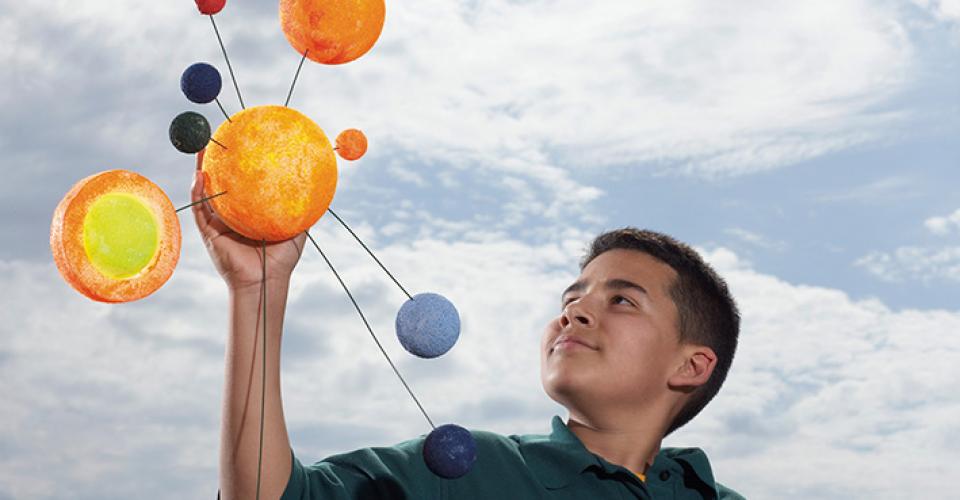-
Scientists and students collaborate in authentic learning
2012-01-15*A collaboration between scientists and students led to an authentic learning experience about DNA sequencing, as **Justin M. O’Sullivan **(Massey University), **Paul Scott **(Mercury Bay Area School), and **Rosemary Hipkins **(NZCER) explain: *
-
Teaching causal text connectives in chemistry
2012-01-15A Yr 12 Chem class struggled writing long answers to NCEA Chemistry questions because they didn’t understand causal text connectives. A literacy intervention changed classroom practice for better NCEA scores, as David Whitehead, Waikato Uni, and Fiona Murphy, Sacred Heart Girls’ College Hamilton explain:
-
Ocean science literacy
2012-01-15In Issue 128 of New Zealand Science Teacher, I listed essential Earth Science literacy principles which could form ‘big ideas’ for an Earth Science course. And here are some essential Ocean Science literacy principles that could form the basis of a Marine Science course, writes Jenny Pollock.
-
Seeing fungi: a conversation with Peter Buchanan
2012-01-15*Is it a reaction to Daniel Arnon’s famous quote that photosynthesis is “the most important biochemical process on Earth”**that fuels Auckland mycologist Dr Peter Buchanan’s passion for fungi? ask **Miles Barker **(University of Waikato) and **Carolyn Haslam **(University of Auckland). *
-
Scientific literacy developed using science in the media
2012-01-15*Using science-related news can help develop a student’s scientific literacy, as **Drs Billy McClune (left) and Ruth Jarman**, from the School of Education, Queen’s University, Belfast, Northern Ireland, explain:*
-
Science literacy is vital!
2012-01-15A lack of science literacy and, some would argue, increasing science scepticism, is posing huge challenges for scientists and science educators, as Peter Griffin, Manager of the Science Media Centre explains:
-
Mind reading: communicating the boundaries of brain imaging
2012-01-15*Neuroscientists have a responsibility to ensure that the public understand what fMRI data can tell them, otherwise the media will lead them to believe that “you love your iPhone”, writes Dr Donna Rose Addis **of the Department of Psychology and the Centre for Brain Research, University of Auckland and winner of the Prime Minister’s MacDiarmid Emerging Scientist Prize 2010*
-
Promoting science: John Campbell reminisces
2012-01-15The only thing I can say about getting old is that at least I had fun getting there, writes John Campbell, a notable and ingenious science communicator.
-
Are science students taught to communicate?
2012-01-15*Scientists must communicate their science effectively to fellow scientists and to the public if their discoveries are to be understood and utilised, writes Ian Shaw*
New Zealand Science Teacher
























